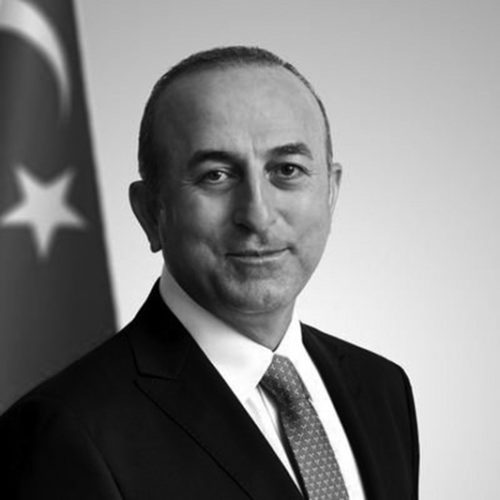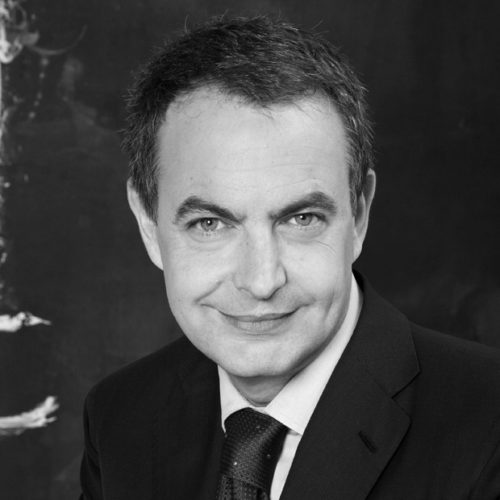The second day of the TRT World Forum opened with a joint keynote speech by José Luis Rodríguez Zapatero, the former Prime Minister of Spain, and Mevlüt Çavuşoğlu, the Turkish Minister of Foreign Affairs. The main theme of their speech was the lack of international cooperation in addressing pressing global issues. They particularly focused on the need to deepen the cooperation between Turkey and the European Union to address the humanitarian crisis in Syria, the rise of anti-immigrant and Islamophobic sentiment in Europe, and the fight against terrorism.
José Luis Rodríguez Zapatero highlighted the need to develop better global governance mechanisms to address current global problems. He emphasized the need to rebalance the UN and Bretton Wood institutions to reflect the economic change of developing countries now contributing more to the world’s GDP in relation to developed countries. He explained that this economic shift has created worries amongst Europeans, which have resulted in anti-immigrant and Islamophobic sentiments, but emphasised that a vast majority of Europeans want an open and inclusive Europe. Zapatero called for a new understanding of the relations between developed and developing countries, which can only occur through dialogue and by respecting the different identities, cultures, and religions. Zapatero argued that Turkey, as an international and regional player, performs a vital role in the stability and peace of the Middle East and the world at large. Finally, he underlined the importance of strengthening the relationship between Turkey and Europe, highlighting Turkey’s role as a bridge between the East and West and its vision in understanding the pressing issues occurring in the region.
Mevlüt Çavuşoğlu, the Turkish Minister of Foreign Affairs, also called for more cooperation between Turkey and Europe, in addressing the needs of vulnerable people. He explained how despite being the 17th largest economy in the world, Turkey ranked as the world’s second largest humanitarian donor – thus highlighting the countries crucial role of leadership in the humanitarian world. Çavuşoğlu argued that Turkey is praised for its open door policy towards refugees, but receives very little economic assistance, as exemplified by the failure of the EU to fulfil its promise of providing €3 billion to help Turkey with the economic burden of hosting more than 3 million Syrian refugees. He criticised the double standards of various countries in treating some terrorist organisations as “good terrorists” and providing support to them whilst labelling others as “bad terrorists.” He argued that in order to solve the humanitarian crisis, the root cause should be addressed through humanitarian relief and by fighting terrorism in the affected countries. He explained that Turkey shares EU values and has tried hard to become a European Union member, but that the EU has not done its best to integrate Turkey. Çavuşoğlu said that Turkey must diversify its foreign policy by looking towards the Islamic world and to other regions. Finally, he cites the double standards of the EU towards Turkey, and the rise of anti-immigrant and Islamophobic sentiment as the main factors as to why the Turkish people no longer support the process of Turkey’s integration to the EU.

